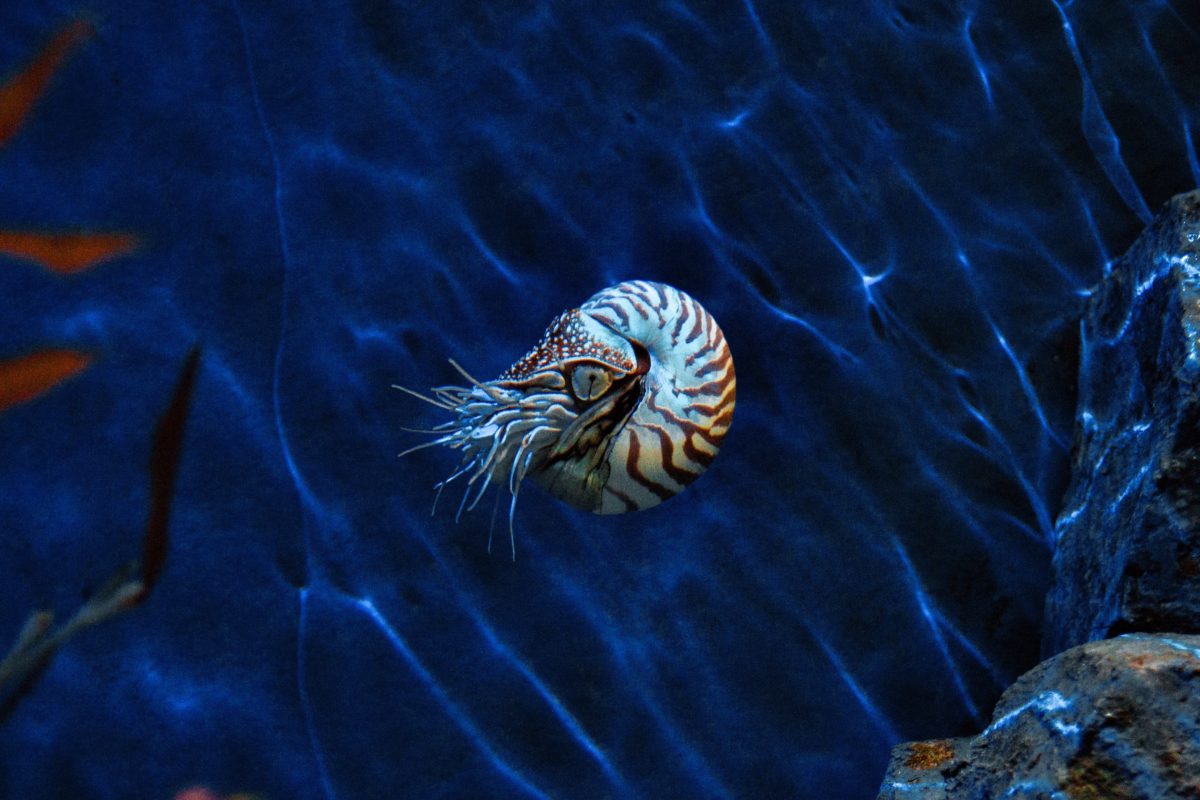The best place to find a correct definition of intelligent design is on the website created by the authors of this theory. Most of the critique filed against ID is based on “straw man” fallacies because it operates on an incorrect understanding of ID. Also, many Thomists accept a caricature of this theory propagated by popular media. Therefore, the first step in answering much of the criticism of ID is simply to obtain a correct understanding of ID. At intelligentdesign.org we read:
Intelligent design refers to a scientific research program as well as a community of scientists, philosophers and other scholars who seek evidence of design in nature. The theory of intelligent design holds that certain features of the universe and of living things are best explained by an intelligent cause, not an undirected process such as natural selection. Through the study and analysis of a system’s components, a design theorist is able to determine whether various natural structures are the product of chance, natural law, intelligent design, or some combination thereof. Such research is conducted by observing the types of information produced when intelligent agents act. Scientists then seek to find objects which have those same types of informational properties which we commonly know come from intelligence. Intelligent design has applied these scientific methods to detect design in irreducibly complex biological structures, the complex and specified information content in DNA, the life-sustaining physical architecture of the universe, and the geologically rapid origin of biological diversity in the fossil record during the Cambrian explosion approximately 530 million years ago.
